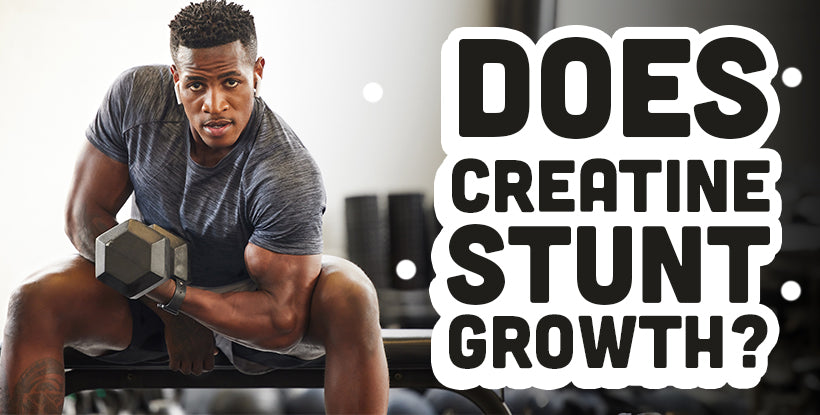Creatine, widely embraced by athletes, raises a common concern: "Could it inhibit growth?" The answer is straightforward—no. This naturally occurring substance in muscle tissue does not influence height, regardless of its source, whether from food or supplements. The misconception may originate from observations that athletes often consume creatine in large quantities to enhance their performance alongside a high-calorie diet that supports optimal growth potential.
Creatine's Role in Youth Growth
Emerging studies highlight creatine's beneficial impact on the growth of children. It has been found to boost muscle mass and strength, particularly in those lacking protein in their diets or those with naturally low levels of muscle creatine. Moreover, creatine has been shown to increase lean body mass and elevate physical performance in the younger demographic.
Essential markers of healthy development include the progress of muscle, bone, and neural pathways, all critical to overall growth. Creatine significantly contributes to these areas by enhancing muscle development, bone strength, neural connectivity, and vascular health. Thus, incorporating creatine into a child's diet could support their overall development.
Influence on Growth
Despite some speculation, there's no scientific basis to suggest that creatine directly affects growth adversely. As a compound that's crucial for muscle development and an energy source for muscular activity, creatine is recognized for its safety and efficacy, benefiting individuals across all ages, including children and teenagers, by fostering muscle growth, boosting strength and endurance, and enhancing performance.
The Impact of Creatine on Human Development
Creatine plays a pivotal role in human development by acting as a primary energy source for muscle contractions. Research indicates that consuming 20 grams of creatine can trigger a significant rise in growth hormone levels for up to six hours post-intake, potentially enhancing muscle mass, strength, and possibly height.
How Creatine Facilitates Growth
To understand creatine's support for growth, it's essential to recognize its function in the body. Here's how it contributes:
- Muscle Mass Increase: Creatine supports muscle development, increasing strength, stamina, and physical fitness.
- Bone Strengthening: It also plays a role in bone health, aiding in the formation and fortification of bones, crucial for support and mobility.
- Vascular Health Improvement: By promoting blood circulation through increased nitric oxide production, creatine supports vascular health, potentially reducing the risk of heart conditions.
- Enhanced Physical Performance: Regular creatine intake has been proven to boost exercise capacity and performance.
- Reduced Fatigue: It helps diminish tiredness and fatigue by ensuring muscles have a steady energy supply.
Creatine and Height
Although there have been anecdotal instances of creatine potentially contributing to height increases, there's no definitive evidence to guarantee significant height changes for everyone. Nevertheless, creatine undeniably supports healthy growth through accelerated muscle and bone development alongside cardiovascular health benefits.
In summary, creatine is a secure and beneficial supplement for fostering growth and enhancing overall wellness. However, it's important to adhere to recommended dosages and seek advice from a healthcare professional before beginning any new supplement regimen.

